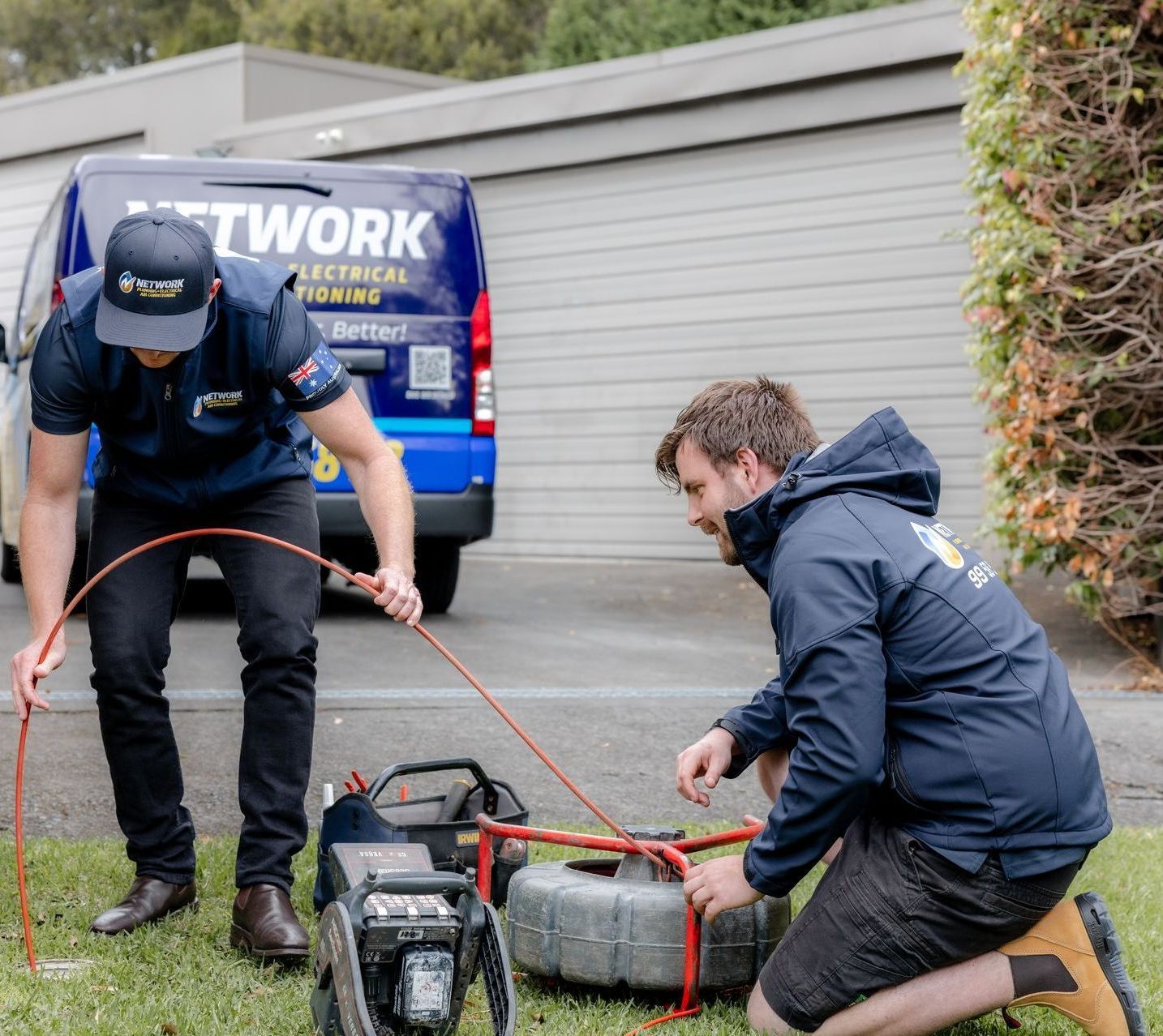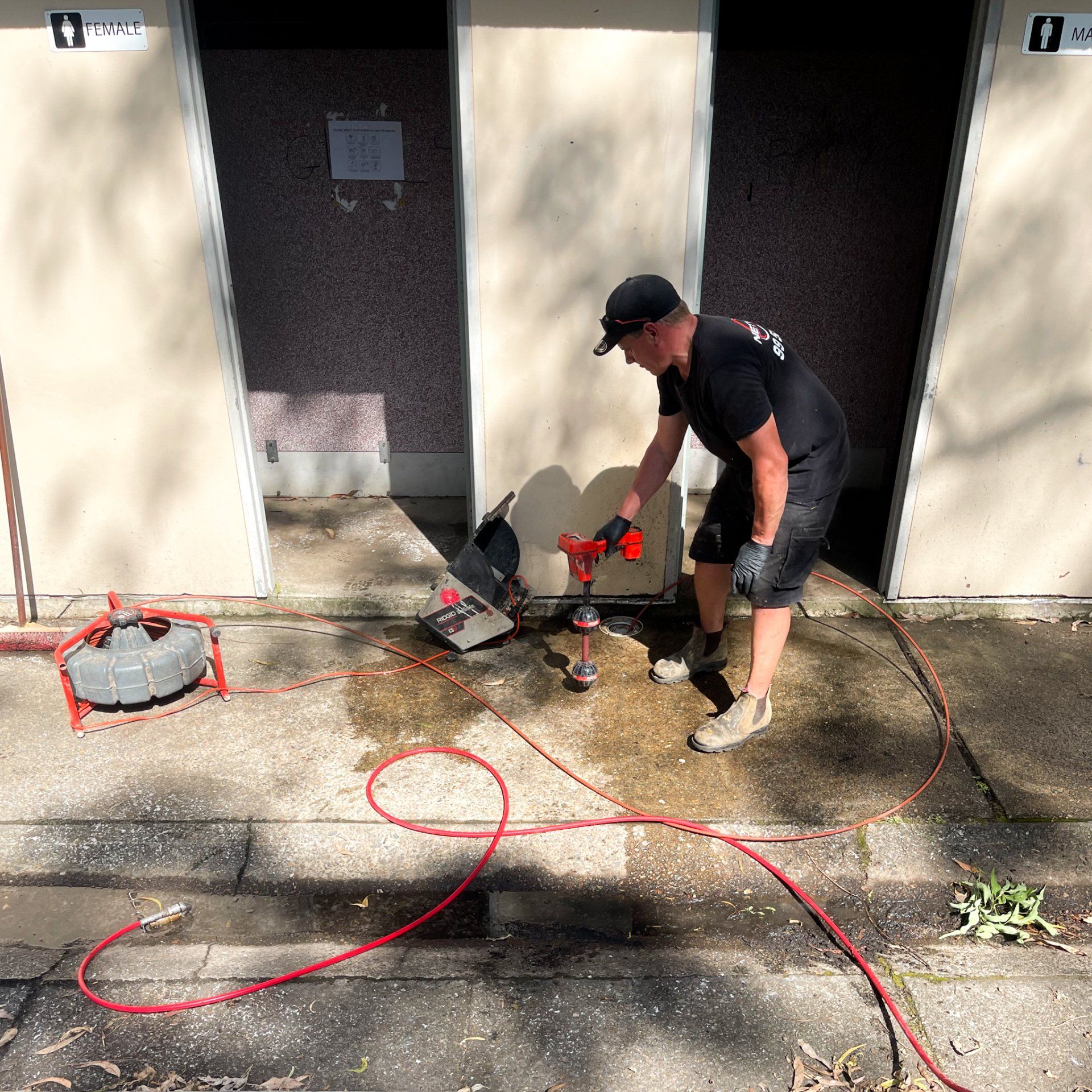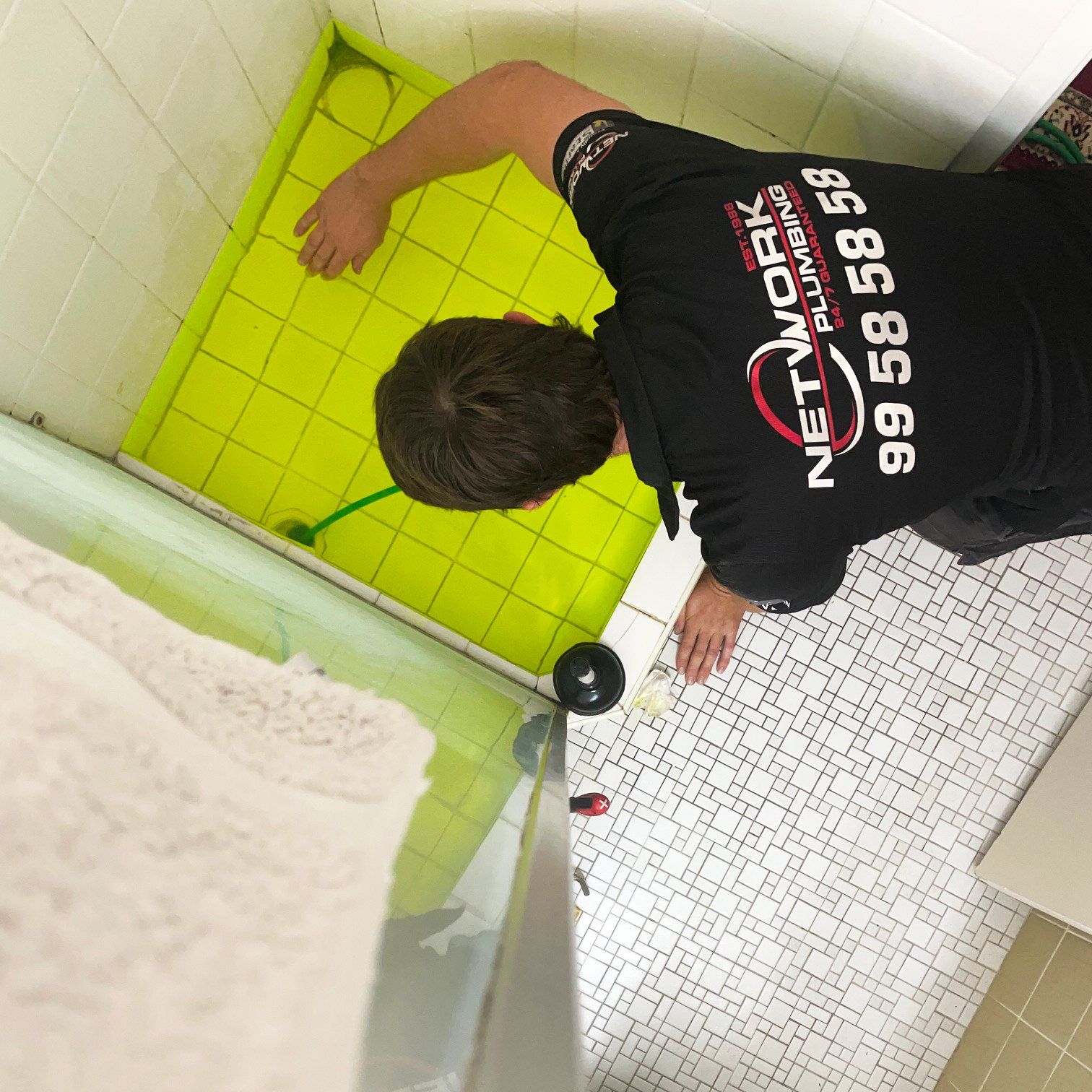Why All Water Leaks Require Action | Network Know How
Are You Suffering From
A Water Leak?
Water leaks may come in all shapes and sizes. It's estimated that one in three homes have a leak and are none the wiser. While the majority of leaks begin as small, a water leak will only increase in both the damage that is inflicted on your property and the repair that will need to be carried out in order to rectify the situation. From a concealed leak of a few drops to a major water leak, Network Plumbing have a licensed plumber on hand ready to assess, detect and fix your water leak before significant property damage occurs.
Water leaks can happen anywhere your plumbing system is found. Internal or external or both if you're really unlucky. From your garden taps to your washing machines to the water running constantly in your toilet cistern. They should all be addressed. The faster you engage the services of a professional licensed plumber, the better the outcome will be.
A dripping tap or leaking toilet could on average result in wasting more than 15 buckets of water a day. It's almost equivalent to that of another household member. Being water-wise through regular plumbing maintenance checks and acting quickly when you do detect a potential leak will help to
Reduce water wastage
Reduce increasing water bills
Reduce possible water damage to your home
Litres of water matter, reduce water loss as best you can. Protect your plumbing system and your building at the same time. Win, win.
The Risk Of Leaving Leaking Taps & Broken Pipes
Water is a powerful and destructive medium. Water can warp, stain and destroy. From walls, floors to concrete footings. Common areas like your kitchen, bathroom and laundry taps should all be noted and identified.
A leaking tap is a visible and known leak. You can see, feel or hear it. It may be as simple as engaging plumbers for repairs or replacements of the leaking taps in question.
Here's the thing... A leaking tap will not stop leaking. Only when intervention takes place will the waste of water stop and the potential risk of water damage to the building decrease.
Signs of an unchecked leaking tap may result in the following...
- Long term water staining around the tap and basin.
- Increased water bills.
- Increased risk of mould or mildew.
- Leaving a larger fault at play, high water pressure or water hammer issues.
Leaving a leaking tap may not seem like a big deal but just say it's as a result of a high water pressure supply to your home. One leaking tap may result in multiple leaking taps, water hammer issues and burst flexi hoses.
Your plumbing system should function in a mindless way, working without you even noticing it's happening at all. If you know you might need to tighten that tap just a little more, wipe away the pooling water or hear the sounds of the tap working... you need intervention. Contact our licensed plumber today on 9023 3232.
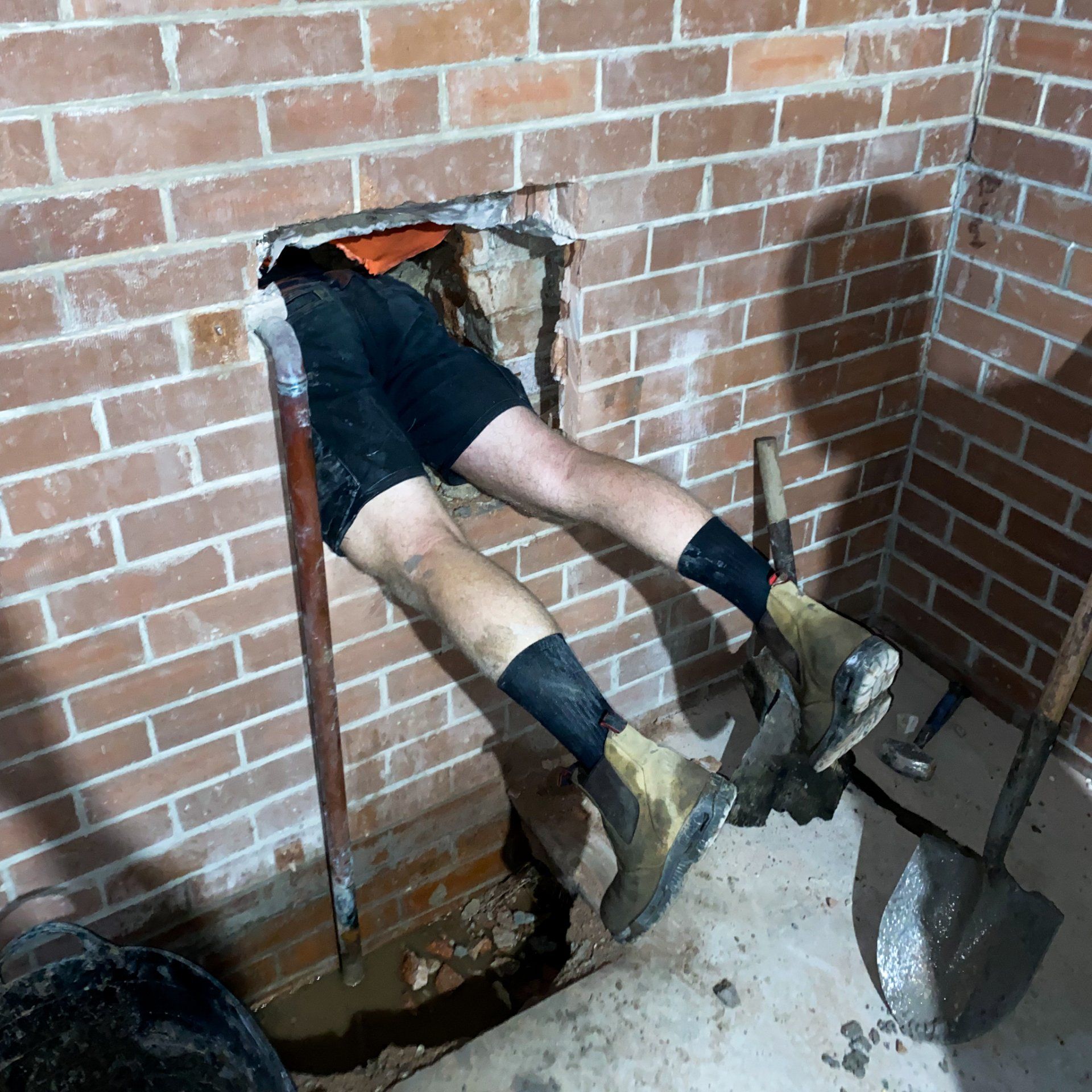
6 Signs You Might Have
A Water Leak
There are some obvious signs to help you identify if there is a water leak at home. Our plumber has taken the time to list their top 6 signs a repair is in order.
- Pooling water around your taps and fixtures
- Pooling water around your building and land
- Wet patches in your yard
- Water Stain on walls, floors or ceilings
- Visible mould or mildew in your home
- Pooling water around your hot water heater
Litres of water seeping into your building is dangerous. It can affect the integrity of your building's structure or lead to health risks and concerns in your household. Concrete cancer is a real concern for any building facing a water leak. Contact our local plumbers today on 9023 3232.
7 Areas Home Owners Should Pay Close Attention To
Taps and fixtures inside the home
Carrying out regular inspections of your taps and fixtures will help you to stay on top of leaks before they become a problem. Being aware is always better than not and reducing waste is even better. If an O-ring needs to be replaced or a washer has seen better days, a simple repair might just offset wastage.
Flexi hoses under your sinks
One of the biggest risks to your home are flexi hoses. A burst flexi hose could cost up to an average of $14,145 per claim. Staggering. Please ensure all flexi hose work is carried out by a trained plumber. It's imperative that the appropriate work is completed, especially if things go wrong and your insurance company questions who carried out the plumbing repair work.
Flexi hoses connecting water to your plumbing appliances
A flexi hose as mentioned above is a high-risk item in your home... if it's not maintained correctly, poses a threat of bursting and uncontrolled water leaks invading your home. You are responsible for safeguarding your home, but Network Plumbing is here to help carry the burden. Contact our local plumber today to schedule a flexi hose check-up.
A Constant Running Toilet Bowl
It's estimated that 20% of toilets have leaks, from the bowls to the cistern. If your toilet is on a constant flushing cycle, you are using more water than you need to. If you notice pooling water around the base of your toilet or are experiencing that constant flush cycle... like your toilet has its own water reservoir, calling a professional plumber to assess your concerns is a wise move.
Hot Water Systems
Hot water systems are also susceptible to leaks. From a major burst pipe to a slow flow of water escaping from the storage tank. If you notice pooling present and around the bottom of your system you may need a repair or replacement of your hot water system.
It is crucially important to maintain your system. Water can rust and corrode your storage tank. With regular maintenance scheduled to replace your sacrificial anodes, you'll be minimising the chance of corrosion and in turn extending the lifespan of your system. By calling Network Plumbing we can assist with the responsibility of a well maintained hot water system... we'll help reduce risks and extend your hot water units lifespan.
All outside taps and hoses
Water use outside is also important. Being aware of your garden tap and hose, noting if there is any pooling or dripping will help to conserve water use.
Your stormwater system
Blocked or damaged stormwater systems can lead to water escaping in your yard potentially creating sinkholes or constant wet patches.
How Your Water Meter Can
Help Solve the Mystery
You can perform a simple water leak test at home with just your water meter. If you are unsure if your water supply network is leaking... follow these steps
- Stop the use of all plumbing fixtures, taps, washing machines and so on.
- Take a reading of your meter that's connected to the water main.
- Wait at least an hour or more if you can.
- Go back to your water meter, compare your previous reading to your current one... any changes with your meter?
If there has been a change in your water meter reading while no one has used your plumbing system, you have a leak.
Your next step should be to reach out and call Network Plumbing 9023 3232.
Our local plumbers are ready to detect all leaks, from those obvious ones to those sneaky hidden leaks. Our plumbers are highly trained and have perfected the art of leak detection and repair.
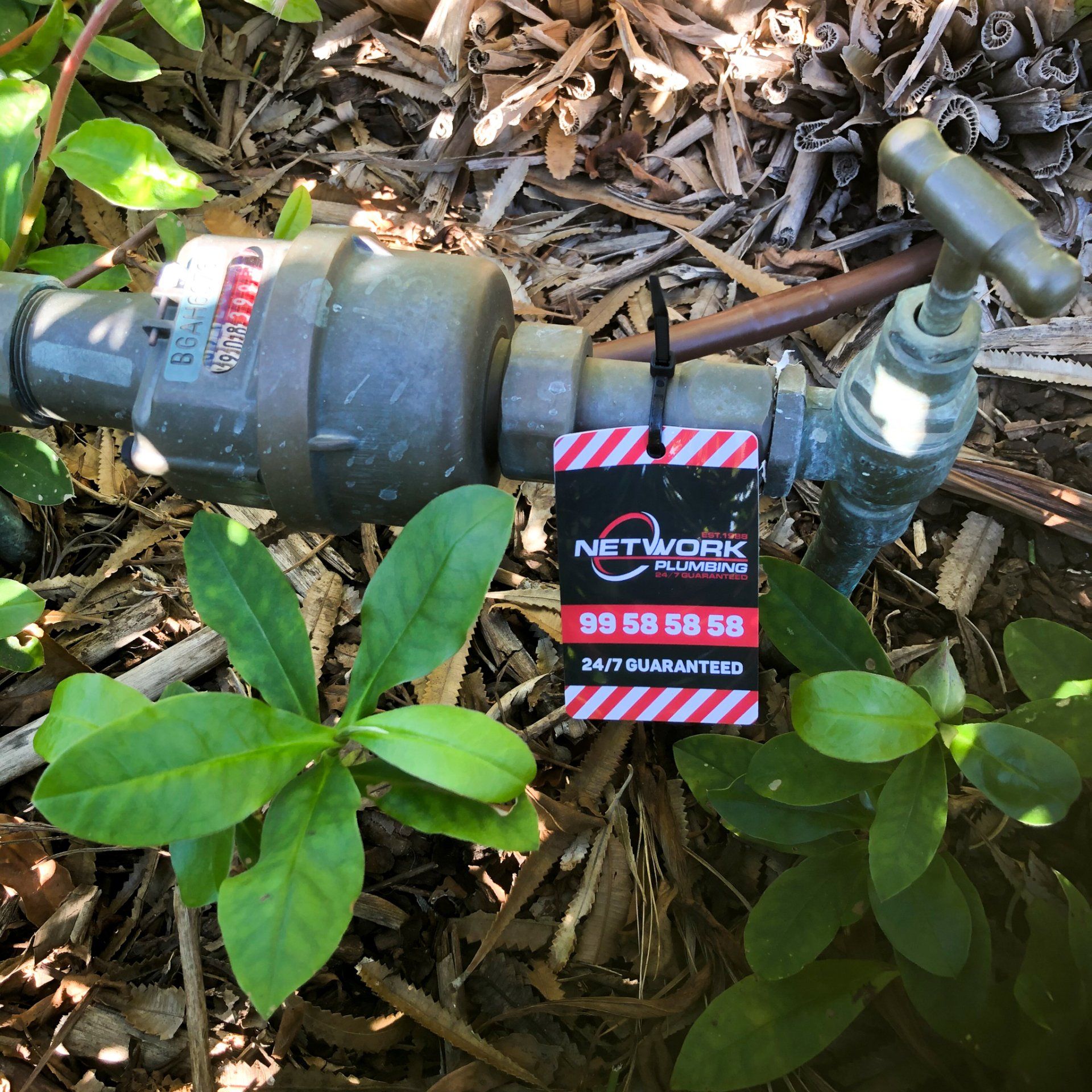
Steps To Take If You Do Have A Water Leak
Water Meter Supplied
Burst water pipes in or around the home or building can be isolated from the property's water meters. Water meters are typically located in front yards, approximately 0.5 meter to 3 meters inside the front property boundary away from the street. Meters can be installed above ground or below.
Below ground water meters may require a screwdriver to assist in opening the lid to gain clear access to the water meter. Most water meters have a tap on the inlet side and more recent styles have a ball valve isolation.
Tap style
Turn tap clockwise to isolate the incoming water to the property.
Ball valve
Turn clockwise until the handle locks off, typically it is a ¼ turn. Isolating the water meter will stop any water leaks or burst pipes on your property.
Running Taps & Leaking Fixtures
Continually running or gushing water from taps or fixtures generally need to be isolated from the water meter however there are some circumstances where the individual tap or fixtures can be isolated independently.
Certain types of fixtures and mixer taps have isolation valves connected to them which allows for individual isolation of that fixture. If you can isolate the isolation valves for the tap, turn the handle clockwise or for ¼ turn taps, set the handle to 90 degrees. Individual isolation of fixtures allows the use of water throughout the rest of the property.
Emergency Faults & Water Leaks
Please be mindful of other emergency faults. If your water leak makes contact with say any electrical equipment or an electrical fixture... a light fitting or a switchboard. Safety must be your first concern.
Call Network Plumbing immediately on 9023 3232, your safety is our top priority.
You might also like
